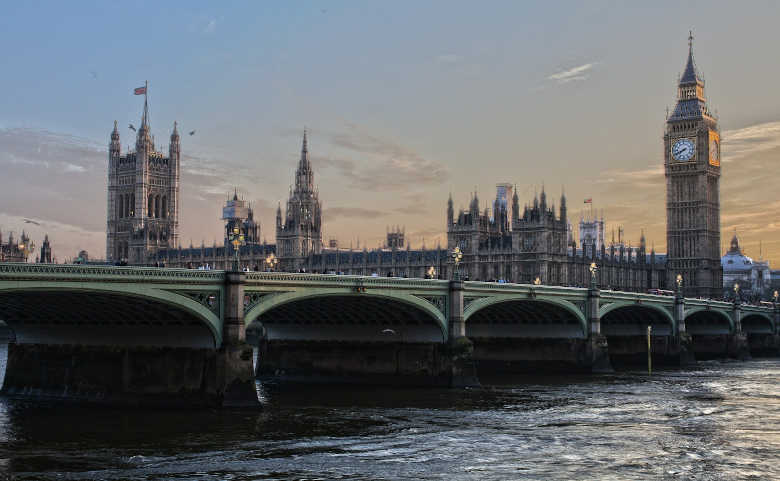The Telegraph, April 29, Robert Tombs
At first slowly, but now with alarming speed, the world is waking up to the chilling prospect of global conflict. We have been here before. That “stairway which leads to a dark gulf”, in Churchill’s words in 1938, forms part of our national mythology. “It is a fine broad stairway at the beginning, but after a bit the carpet ends …” We know the denouement. Does this collective memory help us to understand what is happening today, or does it hinder us? In some ways the latter, if we assume that the choices facing Chamberlain, Halifax and the other appeasers were simple and clear. They were not.
I am not suggesting that their appeasement policies were right. Far from it. But being right in the 1930s meant accepting that you might trigger the worst catastrophe in global history. It meant getting inside the heads of potential enemies who had nothing in common with you. It meant reorienting the peace-time economy towards defence – Chamberlain doubled military spending. It meant having to face the fact that there were forces out to destroy you. Normal people shy away from such thoughts.
“We are all members of the human race,” said Neville Chamberlain. “There must be something in common between us, if only we can find it.” But there wasn’t, and he couldn’t.
Click here to read the piece in full.

